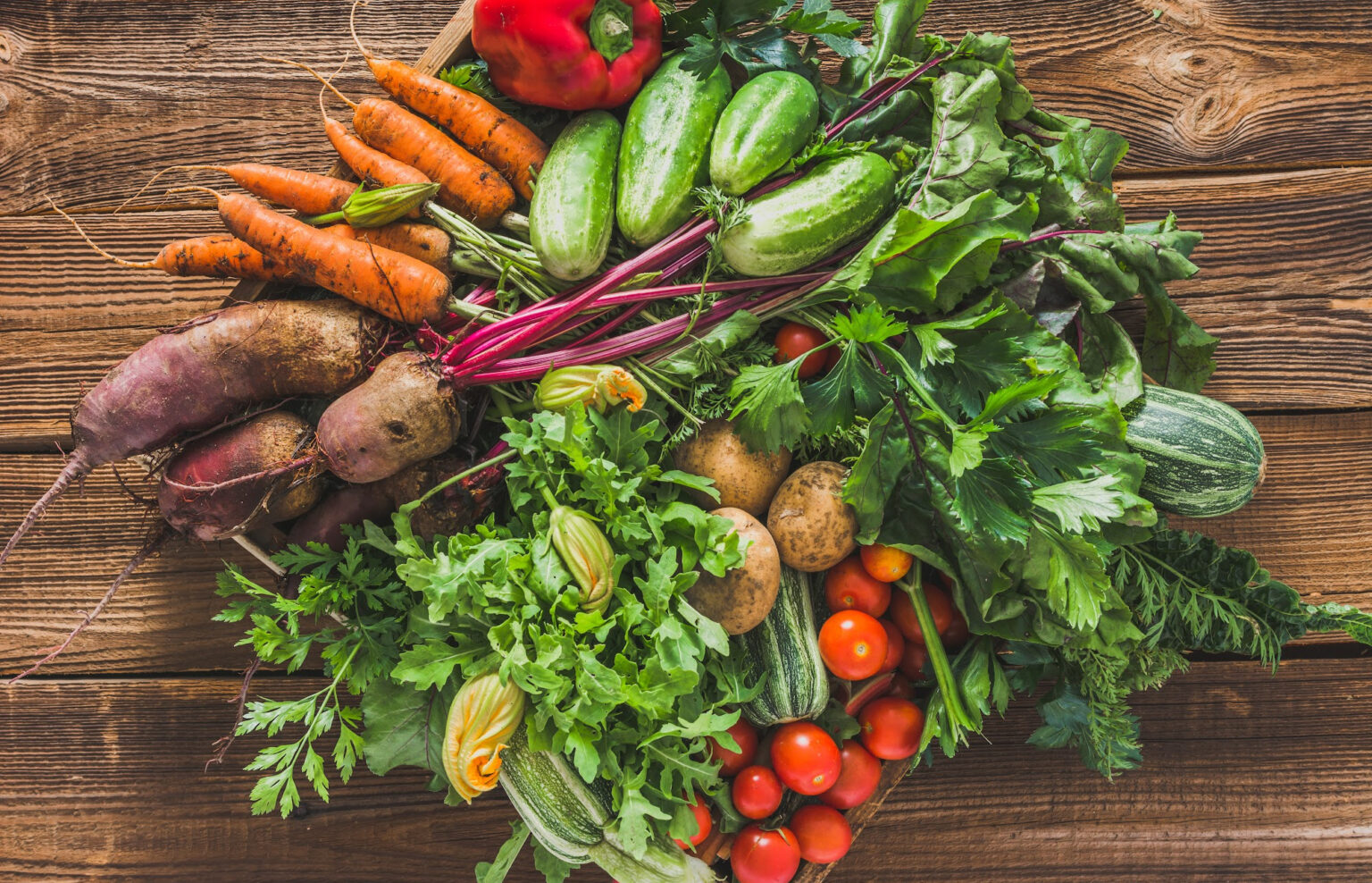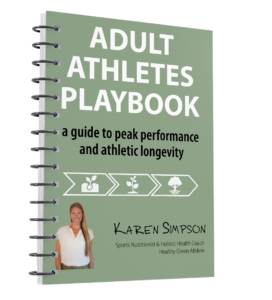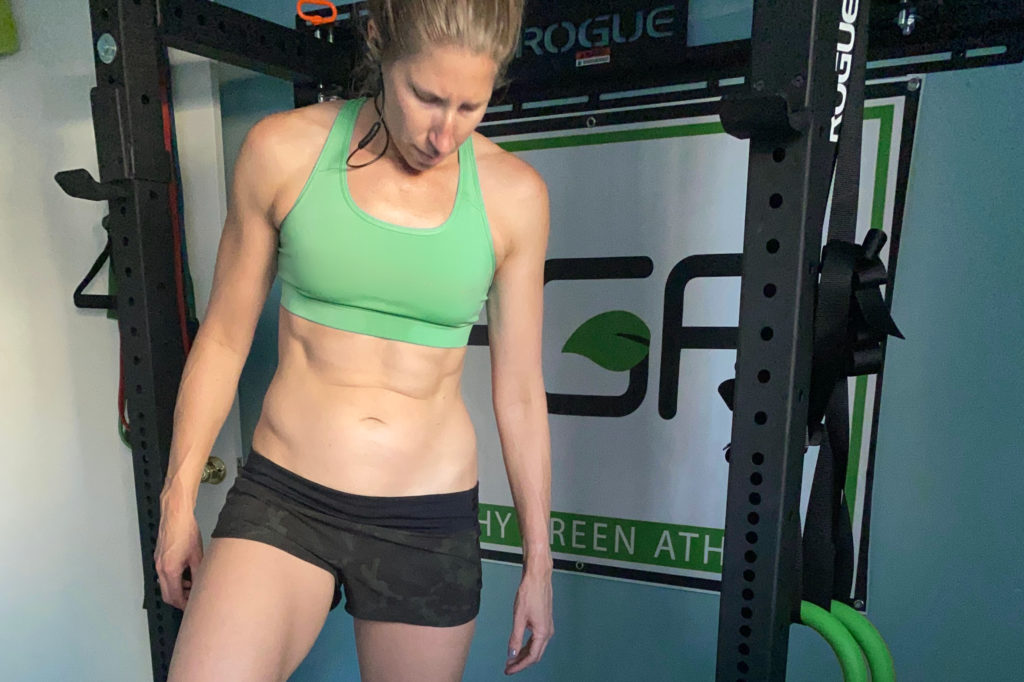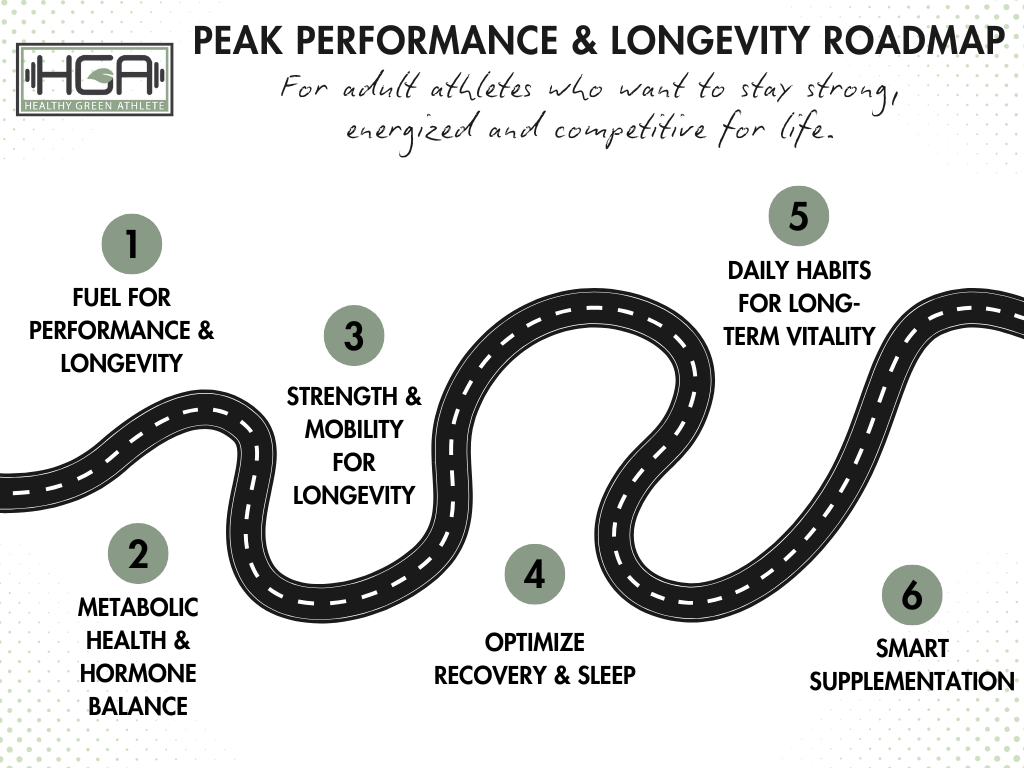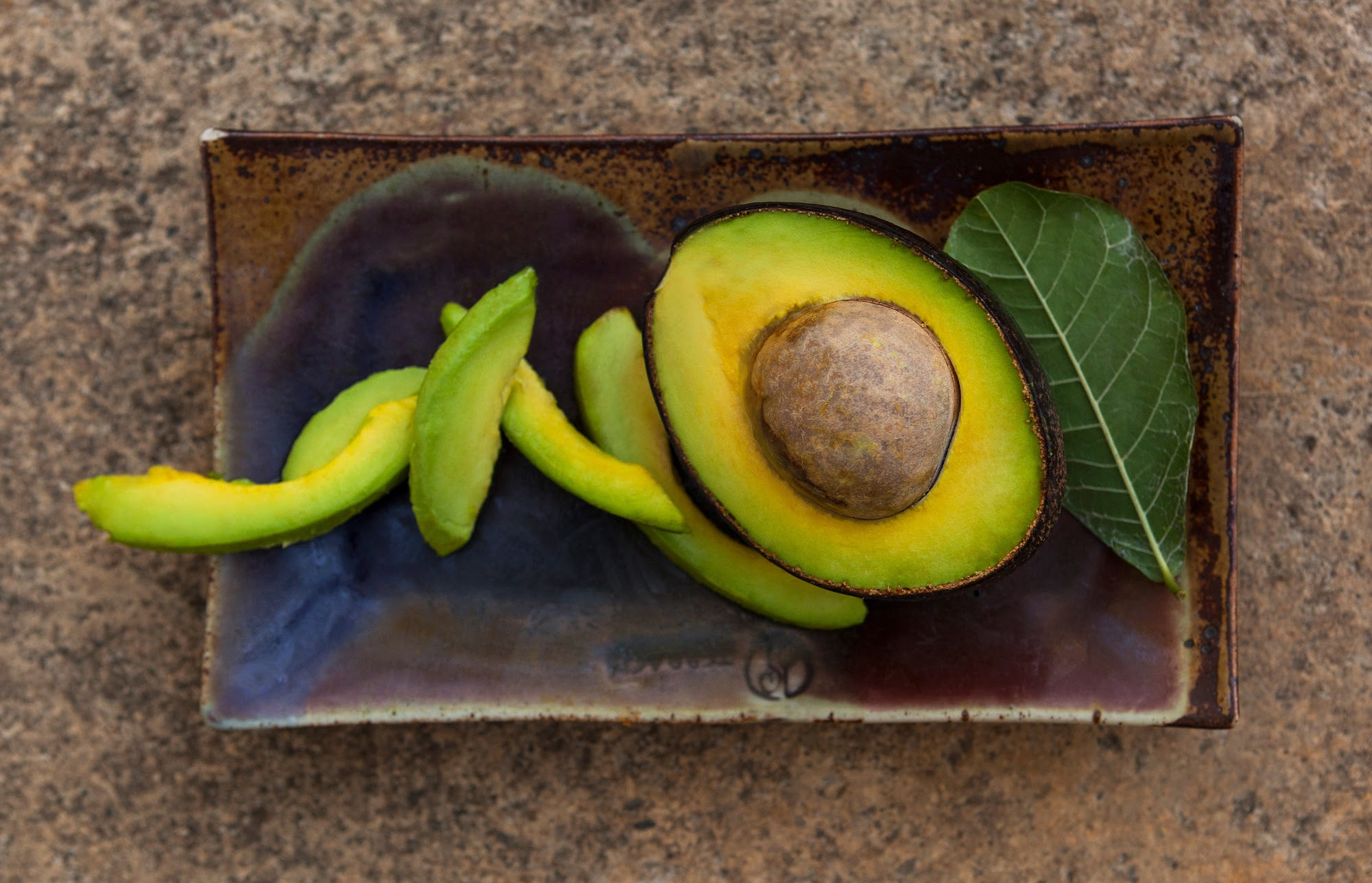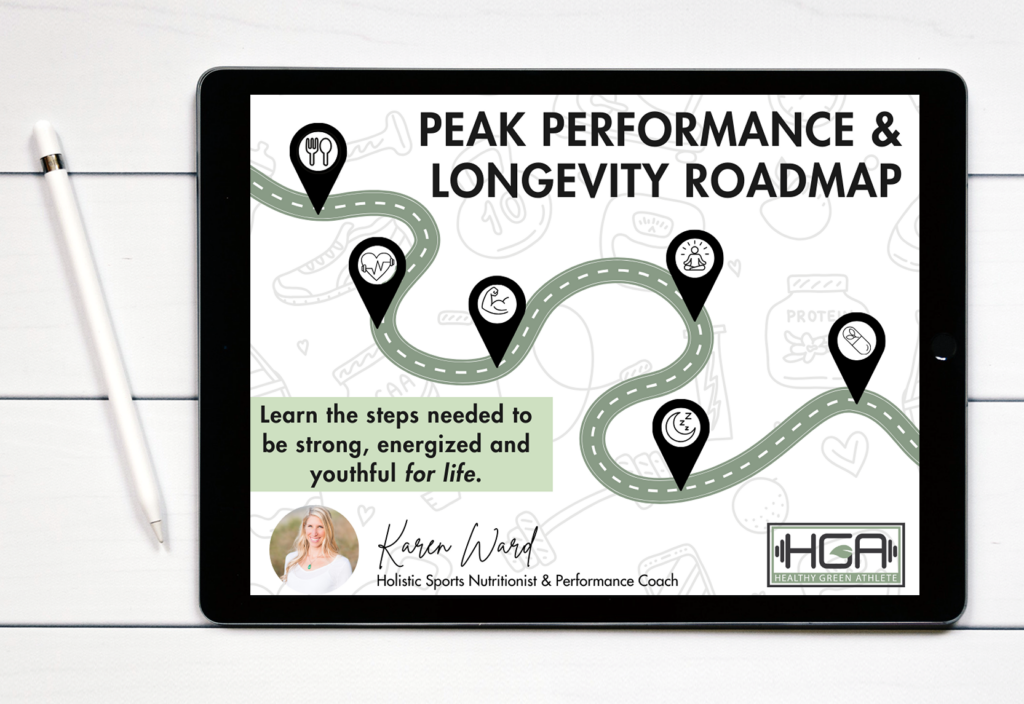9 anti-aging vegetables to keep you young and healthy
Read time: 5 minutes, 30 seconds.
As we age, our cells undergo various changes that can contribute to the aging process, including oxidative stress, inflammation, and DNA damage. Eating a diet rich in vegetables can provide essential nutrients and antioxidants that help protect cells from damage and promote healthy aging at the cellular level. Antioxidants, such as vitamin C and beta-carotene, neutralize free radicals and prevent oxidative stress, which can damage cells and accelerate the aging process.
Vegetables also contain phytonutrients, such as flavonoids and carotenoids, which have anti-inflammatory properties and can reduce inflammation in the body. In addition, certain compounds found in vegetables, such as sulforaphane and indole-3-carbinol, have been shown to support DNA repair and prevent mutations that can lead to cancer and other age-related diseases. By including a variety of vegetables in your diet, you can help protect your cells from damage and promote healthy aging at the cellular level.
Also Read: Top 5 Natural Grounding Foods
Vegetables are also a great source of fiber, which is important for maintaining digestive health and promoting satiety. As we age, our digestive system may become less efficient, leading to constipation, bloating, and other digestive issues. Fiber-rich vegetables can help regulate bowel movements, prevent constipation, and promote a healthy gut microbiome, which plays a key role in overall health and immunity. Fiber also helps slow down the absorption of sugars in the bloodstream, preventing spikes in blood sugar that can contribute to inflammation and premature aging. By including a variety of fiber-rich vegetables in your diet, you can support healthy digestion, prevent chronic diseases, and delay the signs of aging.
In addition to their antioxidant properties, certain vegetables are also rich in other phytonutrients that promote healthy skin and delay aging. For example, leafy greens like spinach and kale are high in lutein, a carotenoid that protects the skin from UV damage and promotes skin elasticity. Tomatoes, sweet potatoes, and red peppers are rich in beta-carotene, a precursor to vitamin A, which promotes skin cell turnover and reduces the appearance of fine lines and wrinkles.
Also Read: Eating for Beautiful Skin: How your Diet can Help you Look Younger
Here are 9 of the best vegetables for anti-aging in adult athletes:
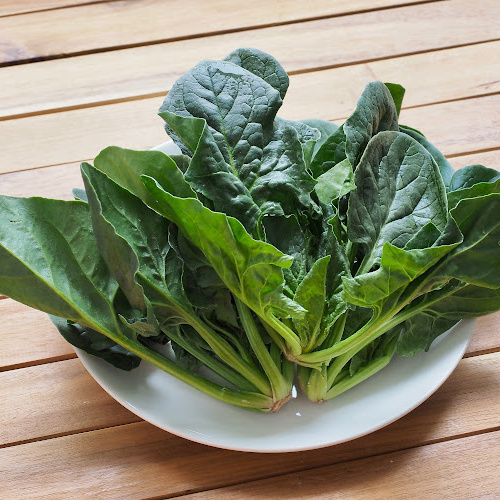
1. Spinach
Spinach is a nutrient-dense leafy green vegetable that is particularly beneficial for antiaging. It is packed with vitamins and minerals, including vitamin C, vitamin E, vitamin K, and beta-carotene, which promote healthy skin and protect against oxidative stress. Spinach is also rich in lutein and zeaxanthin, two carotenoids that have been shown to protect the eyes from age-related macular degeneration.
Spinach also contains iron, which is essential for healthy blood flow and oxygenation of cells, and magnesium, which supports bone health and may help prevent age-related bone loss. By incorporating spinach into your diet, you can reap the numerous anti-aging benefits it provides.
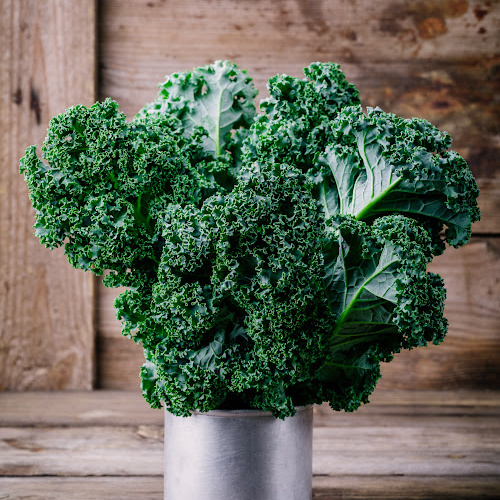
2. Kale
Kale is another leafy green vegetable that is packed with nutrients and has numerous benefits for antiaging. It is a rich source of vitamins A, C, and K, as well as minerals such as calcium, iron, and potassium. These nutrients help support healthy bones, skin, and immune function, and protect against oxidative stress and inflammation. Kale is also rich in antioxidants, including flavonoids and carotenoids, which can help prevent chronic diseases and slow the aging process.
In particular, the high levels of lutein and zeaxanthin found in kale have been linked to a reduced risk of age-related macular degeneration. Additionally, kale contains glucosinolates, compounds that have been shown to have anti-cancer properties and support liver health.
Also Read: 8 Anti-Aging Tips for Athletes in Their 30s
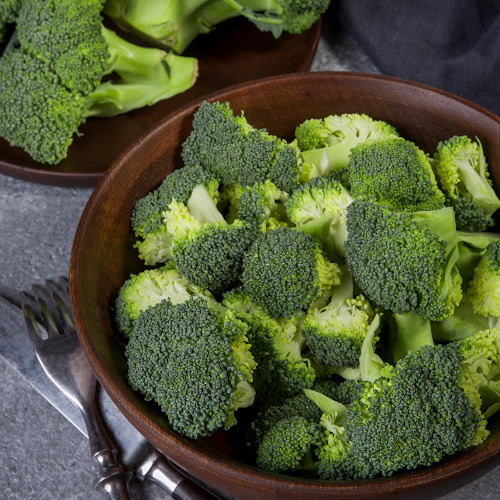
3. Broccoli
Broccoli is a cruciferous vegetable that is rich in nutrients and has numerous benefits for antiaging. It is a good source of vitamins C, K, and A, as well as folate, fiber, and minerals such as calcium and potassium. These nutrients help support healthy bones, skin, and immune function, and protect against oxidative stress and inflammation. Broccoli is also rich in antioxidants, including flavonoids and carotenoids, which can help prevent chronic diseases and slow the aging process.
Broccoli contains the phytocompound sulforaphane which has been shown to have anti-cancer properties and support liver detoxification. By incorporating broccoli into your diet, you can promote healthy aging and reduce your risk of age-related diseases.
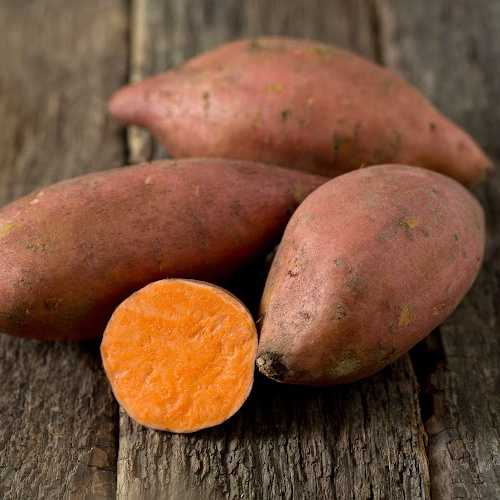
4. Sweet potatoes
Sweet potatoes are a root vegetable that is particularly beneficial for anti-aging. They are a rich source of vitamins A, C, and E, as well as beta-carotene, which can help protect against oxidative stress and promote healthy skin. Sweet potatoes are also high in fiber, which supports healthy digestion and can reduce the risk of chronic diseases. Sweet potatoes contain minerals such as potassium and magnesium, which help regulate blood pressure and support healthy heart function.
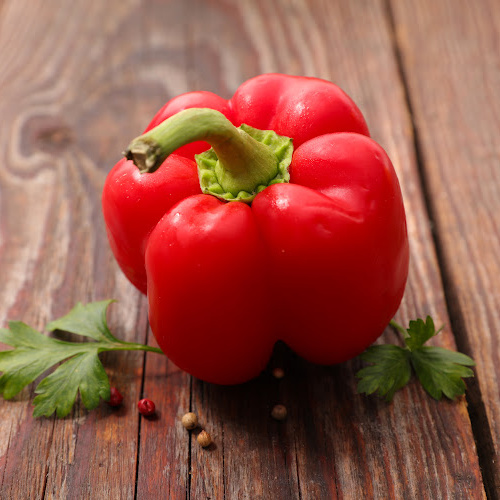
5. Red bell peppers
Red bell peppers are a colorful vegetable that is particularly beneficial for antiaging. They are a rich source of vitamin C, an antioxidant that supports collagen production and protects the skin from sun damage. Red bell peppers also contain carotenoids, which reduce inflammation and prevent chronic diseases. Additionally, red bell peppers are low in calories and high in fiber, which can help support healthy digestion and weight management.
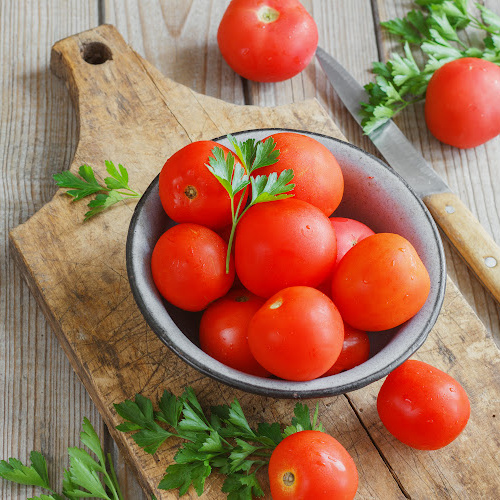
6. Tomatoes
Tomatoes are a fruit that is particularly beneficial for anti-aging. They are a rich source of the antioxidant lycopene, which can help protect against oxidative stress and promote healthy skin. Lycopene has also been linked to a reduced risk of heart disease, stroke, and certain types of cancer. Additionally, tomatoes are a good source of vitamin C, potassium, and fiber, which support healthy digestion, blood pressure, and immune function. By incorporating tomatoes into your diet, you can reap the numerous antiaging benefits they provide.
Further Reading: 7 Powerful Anti-Aging Fruits to Preserve Your Youth
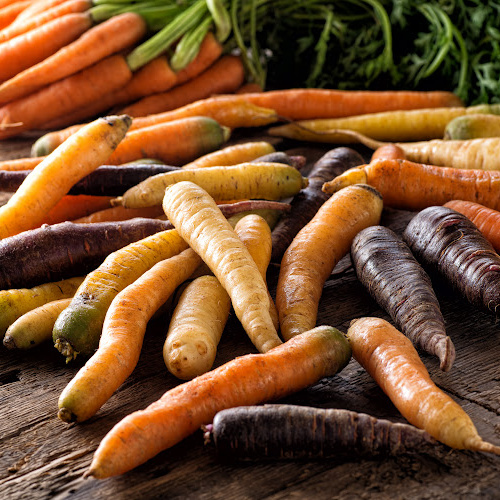
7. Carrots
Carrots are a root vegetable that is particularly beneficial for antiaging. They are a rich source of beta-carotene, an antioxidant that can help protect against oxidative stress and promote healthy skin.
Beta-carotene is a nutrient that is particularly beneficial for eye health. It is a carotenoid, which is a type of pigment that gives certain fruits and vegetables their bright colors. Beta-carotene is a precursor to vitamin A, which is essential for healthy vision. When consumed, beta-carotene is converted to vitamin A in the body, which helps protect the eyes from damage caused by free radicals and promotes healthy vision. In particular, beta-carotene has been linked to a reduced risk of age-related macular degeneration, a leading cause of vision loss in older adults.
Beta-carotene has also been linked to a reduced risk of certain types of cancer and cognitive decline. Additionally, carrots are a good source of fiber, which supports healthy digestion and can reduce the risk of chronic diseases.
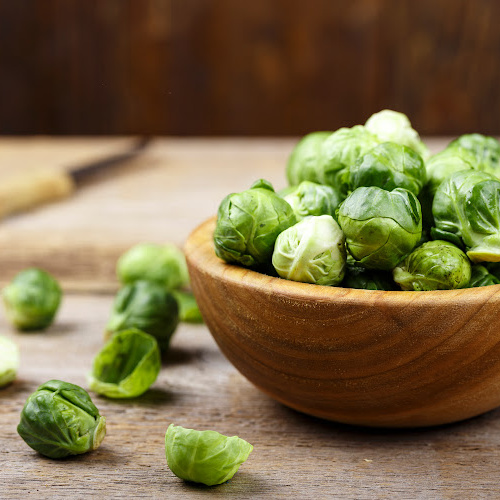
8. Brussels sprouts
Brussel sprouts are a cruciferous vegetable that is particularly beneficial for antiaging. They are a rich source of antioxidants, including vitamin C and flavonoids, which can help protect against oxidative stress and inflammation. Brussels sprouts also contain compounds called glucosinolates, which have been shown to have anti-cancer properties and support liver health.
Brussels sprouts are a good source of fiber and vitamins K and A, which support healthy digestion and bone health. By incorporating brussels sprouts into your diet, you can help promote healthy aging and reduce your risk of age-related diseases.
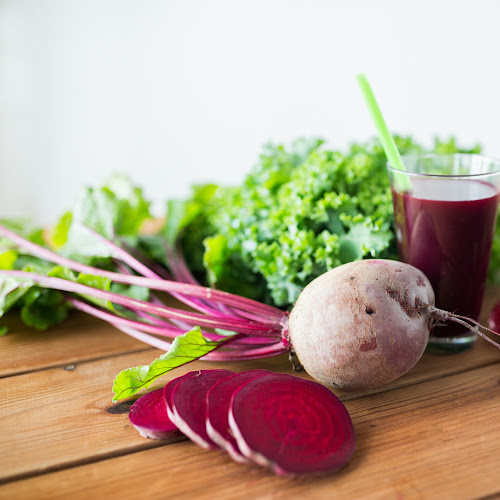
9. Beets
Beets are a root vegetable that is particularly beneficial for anti-aging. They are a good source of fiber, which supports healthy digestion and can reduce the risk of chronic diseases. Beets are also high in nitrates, which can help improve blood flow and lower blood pressure. Additionally, beets contain betalains, pigments that have antioxidant and anti-inflammatory properties. These compounds can help protect against oxidative stress and inflammation, which are key contributors to the aging process.
In summary...
All vegetables are a great source of essential nutrients and antioxidants that promote healthy skin and delay the signs of aging. Including a variety of vegetables in your diet can help you maintain a youthful appearance and support overall health and wellness. The vegetables on this list provide a higher dose of anti-aging compounds than others. Try incorporating some of these anti-aging vegetables into your meals to reap their long list of benefits.
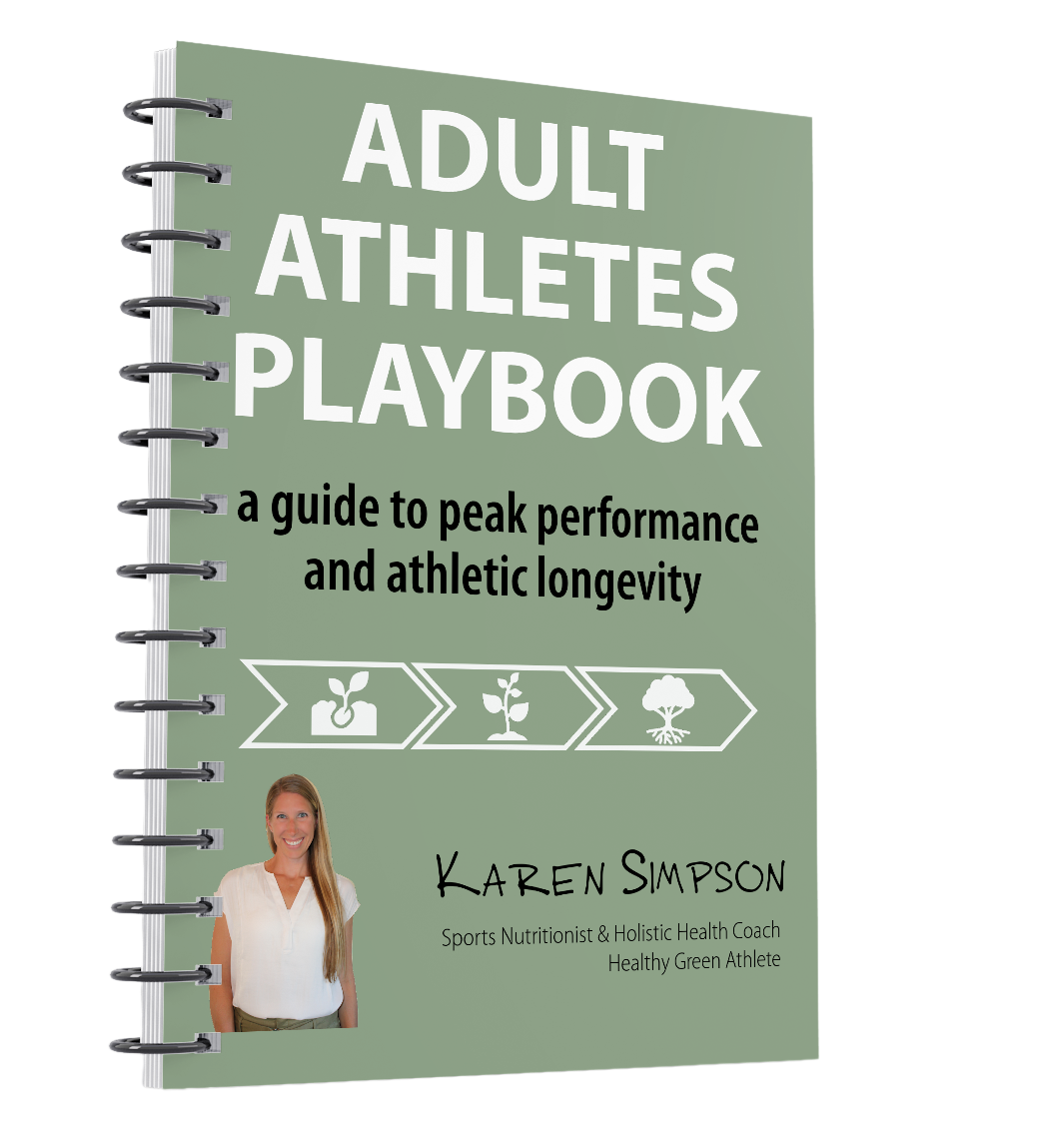
Adult Athletes Playbook
A Guide to Peak Performance and Athletic Longevity
This playbook will help you develop and implement a personalized game plan for improving athletic performance.

